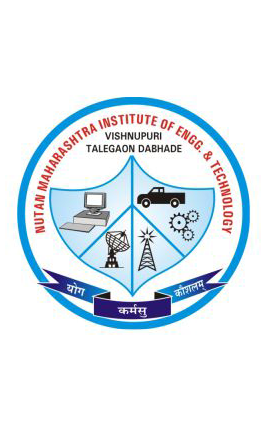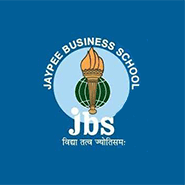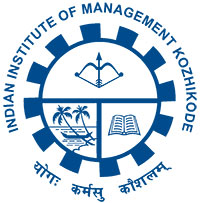COMPUTER ENGINEERING
To impart engineering knowledge and skills by adopting effective teaching learning processes..
To develop professional, entrepreneurial & research competencies encompassingcontinuous intellectual growth
To produce educated students to exhibit societal and ethical responsibilities in the working environment.
Program Educational Objectives
PEO1: To produce globally competent graduates having Excellent fundamentals, domain knowledge, updated with modern technology to provide effective solutions for computer engineering problems
PEO2: To prepare the graduates to work as a committed professional with professional ethics and values, sense of responsibilities, understanding of legal, safety, health, societal, cultural and environmental issues.
PEO3: To prepare committed and motivated graduates with research attitude, lifelong learning, investigative approach, and multidisciplinary thinking
PEO4: To produce the graduates with well-built managerial and communication skills to work effectively as individual as well as in teams
Programme Specifics Outcomes (PSO)
PSO 1 - Employ knowledge to write programs and design algorithms to integrate them with the hardware/software products in the domains of embedded systems, data Science, networking and web technology.
PSO 2 - Apply standard practices and strategies in project development using open-ended programming environments to create innovative career paths to be an entrepreneur, and a zest for higher studies.
Programme Outcome (POs)
The students in the course will attain:
Engineering Knowledge:
An ability to apply knowledge of computing, mathematics including discrete mathematics as well as probability and statistics, science, and engineering and technology;
Problem Analysis:
An ability to define a problem and provide a systematic solution with the help of conducting experiments, as well as analyzing and interpreting the data;
Design / Development of Solutions:
An ability to identify, formulate, and provide systematic solutions to complex engineering problems;
Conduct investigations of complex problems:
An ability to use the techniques, skills, and modern engineering technologies tools, standard processes necessary for practice as an IT professional;
Modern Tool Usage
An ability to apply mathematical foundations, algorithmic principles, and computer science theory in the modelling and design of computer-based systems with necessary constraints and assumptions;
The Engineer and Society
An ability to analyze the local and global impact of computing on individuals, organizations and society;
Environment and Sustainability
An ability to understand professional, ethical, legal, security and social issues and responsibilities;
Ethics
An ability to function effectively as an individual or as a team member to accomplish a desired goal.
Individual and Team Work
An ability to engage in life - long learning and continuing professional development to cope up with fast changes in the technologies/tools with the help of electives, professional organizations and extra - curricular activities;
Communication
An ability to communicate effectively in engineering community at large by means of effective presentations, report writing, paper publications, demonstrations;
Project Management & Finance
An ability to understand engineering, management, financial aspects, performance, optimizations and time complexity necessary for professional practice;
Lifelong learning
An ability to apply design and development principles in the construction of software systems of varying complexity.
COMPUTER ENGINEERING
ELECTRONICS & TELECOMMUNICATION ENGINEERING
INFORMATION TECHNOLOGY ENGINEERING
MECHANICAL ENGINEERING






